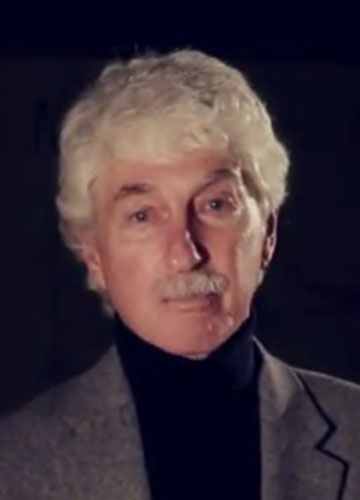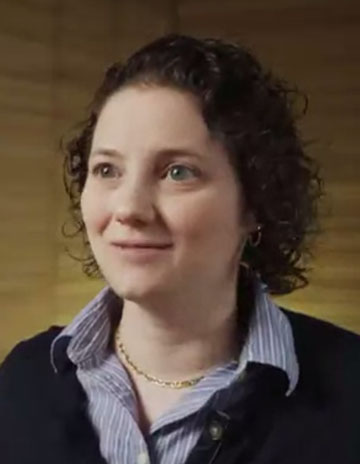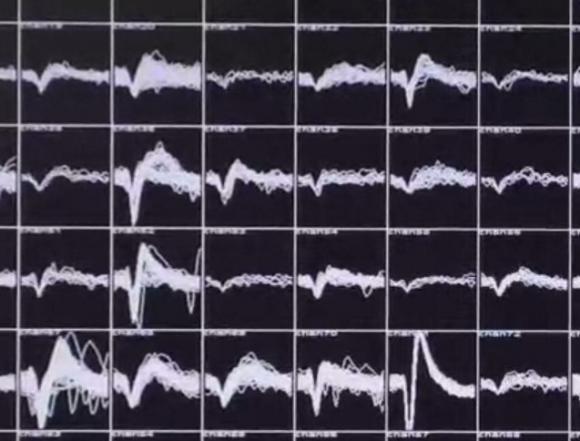PROVIDENCE, R.I. [Brown University] — In two new massive open online courses — MOOCs — this month, Brown University faculty are teaching different ways – one through fiction and one through fact – to understand our connections to the world around us.

”I’m obliging all of them to write ... about ... experiencing both a brick-and-mortar course and a MOOC at the same time.‘
Arnold Weinstein, professor of comparative literature, got underway Sept. 1 with a class, offered both via Coursera and on campus, titled “The Fiction of Relationship.” The class explores the nature and meaning of our relationships with the people, places, and things around us as represented in stories by great authors including Charlotte Brontë, Franz Kafka, Virginia Woolf, and Toni Morrison.
Weinstein said online pre-enrollment was more than 20,000, while 150 Brown students are attending in person. He’s not keeping the communities separate. Instead, he’s asking Brown students to register for the Coursera class so that they can participate in online discussions as well the discussion sessions of the on-campus class. Lively discourse is vital for interpreting literature, he said.
“By the time the semester is over, I’m obliging all of them to write one short piece – in addition the literary analyses they write in the course – that tries to be comparative about what they learned in experiencing both a brick-and-mortar course and a MOOC at the same time,” he said.
Weinstein is no stranger to widely distributed courses, having taught many via CDs, DVDs and downloads in the Great Courses series. Part of the appeal of distributing recorded lectures, he said, is that it allows teaching to transcend place and time in a way that is normally only assumed to be possible for books.

“What makes the human brain different from an animal brain? What makes us uniquely human?”
On Sept. 29, David Sheinberg, professor of neuroscience, and lecturer Monica Linden will begin teaching the Coursera class “Exploring Neural Data” in which students will do exactly that. Sheinberg and Linden will provide their online learners with real neural data sets shared by their colleagues. They’ll teach students the computational skills required to perform meaningful analyses of that data. In five modules, the course will explore questions that evoke both the big picture and the big data of neuroscience.
“I think we all have big questions about how our brains work,” Linden says in a Coursera video promoting the class. “What makes the human brain different from an animal brain? What makes us uniquely human? There’s all this information coming in: visual information, sounds. Why does the world seem like my world to me?”
The course will present neural data in the context of such questions and then students will do final projects in which they analyze their data sets. “That’s a pretty exciting feeling to know you are looking at something at the level where real discoveries are made,” Sheinberg says.
The course debuted on campus last spring with 14 students. As of Sept. 11, online enrollment was well over 22,000.
Through narratives and neurons, Brown University faculty members will teach tens of thousands of online students this fall new ways to understand their connections, as thinking and feeling human beings in the world.

